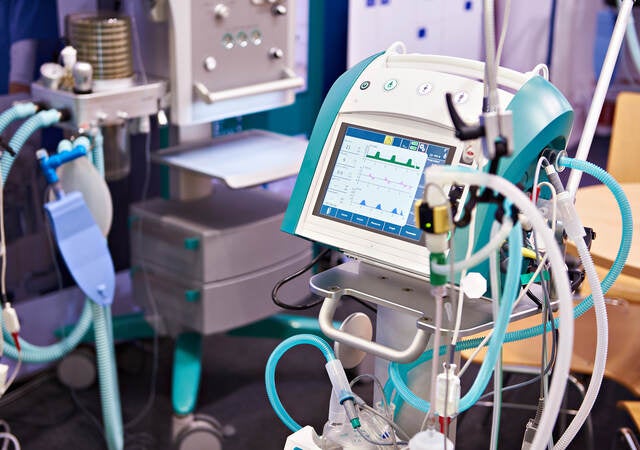November 2, 2021
Medical device regulators in the US, UK and Canada have published 10 guiding principles intended to help establish Good Machine Learning Practice (GMLP) for medical devices utilizing artificial intelligence and machine learning, or AI/ML.
Regulators including the US Food and Drug Administration, UK Medicines and Healthcare products Regulatory Agency (MHRA) and Health Canada developed the GMLP principles in an effort to map out key areas of AI/ML oversight focus for the International Medical Device Regulators Forum (IMDRF), international standards organizations and other stakeholders.
Areas for possible collaboration between these stakeholders, according to the principles, include:
- Research
- Creating educational tools and resources
- International harmonization of regulations
- Consensus standards to inform regulations and guidelines
10 key GMLP guiding principles for AI/ML devices
US FDA, UK MHRA and Health Canada state that their guiding principles are intended to support best practices for AI/ML medical device manufacturing based on success stories in other manufacturing sectors. The principles should also help customize existing best practices to more effectively apply to medical and healthcare technology, as well as design new practices specifically to address AI/ML and related medical technologies.
- First, the regulators recommend using multidisciplinary expertise throughout the total product lifecycle of an AI/ML device. This entails full understanding of how an AI/ML model should be integrated into clinical workflow, as well as of benefits and risks to users and patients over the full course of the device’s lifecycle.
- Second, implementation of good software engineering and security practices should be ensured, covering risk and data management as well as design processes robust enough to support integrity and authenticity of data.
- Third, manufacturers and sponsors should ensure that clinical study participants as well as data sets effectively represent intended patient populations. Data collection protocols should be designed and calibrated to capture relevant patient population characteristics.
- Fourth, AI/ML medical device manufacturers and clinical study sponsors must keep training data sets independent of test sites. In other words, training datasets should be kept separate from testing site datasets.
- Fifth, developers should base selected reference datasets on best available methods. This effort helps ensure collection of clinically relevant data, and that any reference data limitations are understood.
- Sixth, model design should reflect the AI/ML device’s intended use, and reflect available pertinent data. Performance goals for testing should be based on well-understood clinical benefits and risks.
- Seventh, manufacturers’ human-AI teams warrant appropriate focus. Human factors and usability are crucial considerations alongside model performance, according to the principle.
- Eighth, manufacturers should ensure that model testing accurately demonstrates device performance under clinically relevant conditions, including intended patient populations, human-AI team interactions, measurement inputs and potential confounding factors.
- Ninth, clear and essential information should be provided to users. AI/ML device developers and manufacturers should provide relevant, clear and accessible information to intended users such as patients or healthcare providers. Such data includes instructions for use; performance of the AI/ML model for appropriate subgroups as well as model training and testing data characteristics. Processes to provide device updates based on real-world performance monitoring should also be in place.
- Tenth, performance monitoring of deployed models should be carried out in order to uphold or improve safety and performance, accompanied by periodic or continuous model training for more effective risk management.
Emergo by UL will provide updates as they become available regarding GMLP and how these principles affect regulatory approaches to AI/ML medical devices.
Additional medical device regulatory resources and support:
- US FDA medical device and IVD regulatory strategy support
- Health Canada Medical Device License (MDL) registration consulting
- UK Responsible Person (UKRP) and Brexit consulting for medical device companies
- Human factors design and prototype development
Request information from our specialists
Thanks for your interest in our products and services. Let's collect some information so we can connect you with the right person.









